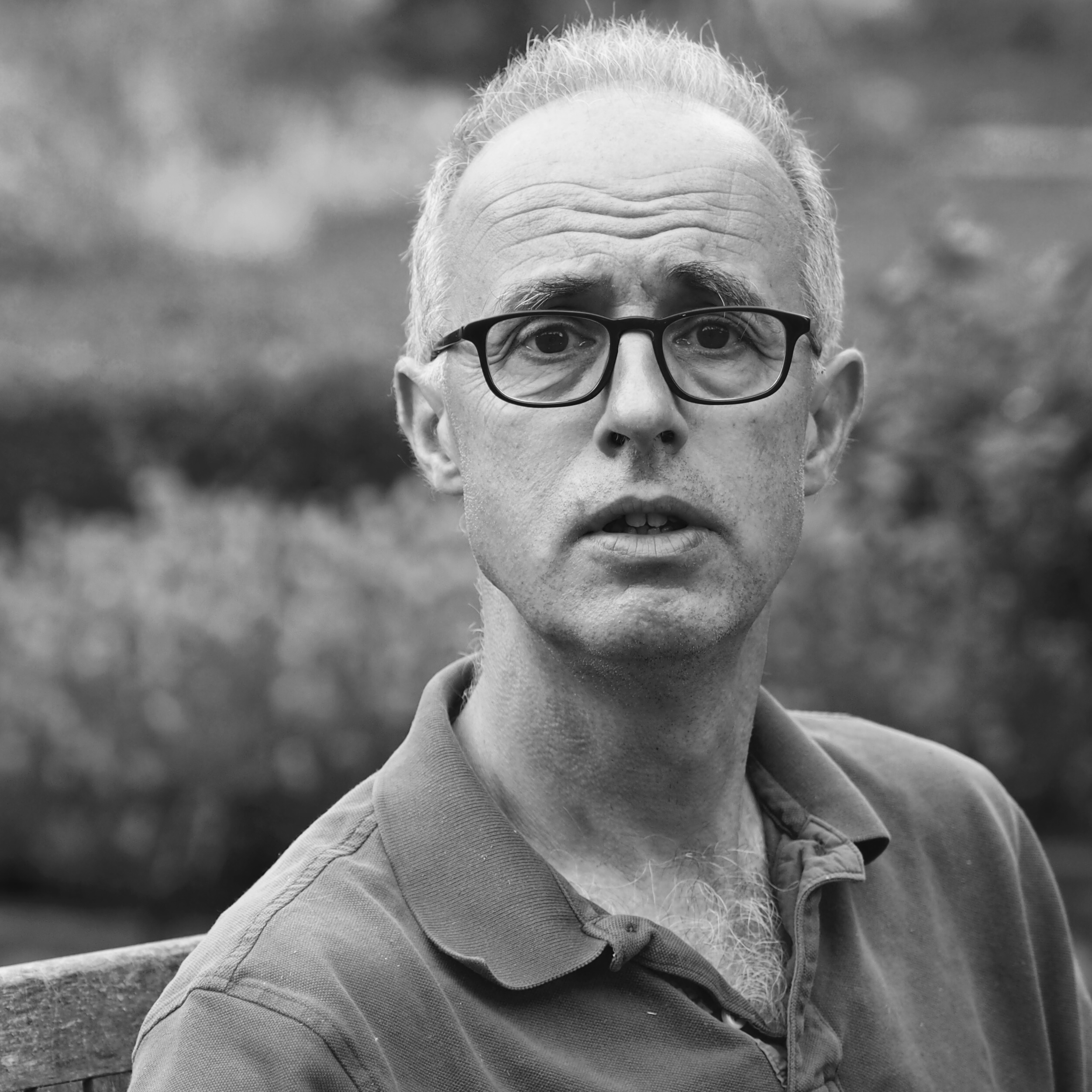Part 1A Metaphysics: Free Will
This is the web page for the Philosophy Part 1A course on Freewill given by Richard Holton at the University of Cambridge, Michaelmas term 2024. Lectures will take place in person on Thursdays at 10.00, in Room 2 of the Sidgwick Site Lecture Block.
This page contains links to podcasts, handouts and readings. The podcasts to a large extent cover the same materials as will be covered in lectures. You can listen to them beforehand so that you have a sense of what is going to happen; or afterwards to remind yourself; or ignore them completely. If you are able to come to the lecture, I wouldn't recommend listening to the podcast instead of doing that. There will be opportunities to ask questions in the lecture. (The podcasts were made three years ago when there was no in person teaching, and there is mention made of accompanying videos. These aren't available this year; if you want to actually see me, you'll need to come along to the lecture.)
The literature on free will is enormous. Here I give just links to the readings that I will focus on in the course; supervisors will doubtless assign other things. I have posted a primary reading for each class. It is not obligatory to read that beforehand, but to get the most out of a lecture you might like to. Links are often via JSTOR. You should have direct access to this if you are on a University network. If you are accessing this page from elsewhere you will probably need to authenticate via Raven. Some articles that are not available via JSTOR will be made available via Moodle.
Any questions, email me at: rjh221@cam.ac.uk
General reading
For a good summary of four of the now standard views on free will, you could have a look at John Martin Fischer et al Four Views on Free Will (Blackwell 2007). It is hard going in places though, so it might be something to look at towards the end of the course, to help bring things into focus, rather than to skim through at the beginning.
Lectures
1. Introduction: Some problems and the classical compatibilist response (10th October)
Podcast for Lecture 1:
Primary Reading
There is nothing you have to read in advance, but next week we’ll be discussing two pieces, so it might be a good idea to have a look at the first of them, Harry Frankfurt ‘Freedom of the Will and the Concept of a Person’ Journal of Philosophy 68 (1971)
Secondary Reading
For a brief discussion of the differences between determinism as a metaphysical doctrine and the epistemic idea that we can predict what we will do, see my only previous venture into on-line teaching.
If you want to get an idea of some of the worries from recent neuroscience have a look at Soon, Brass, Heinze & Haynes, ‘ Unconscious Determinants of Free Decisions in the Human Brain.’ Nature Neuroscience 11:543–545 (2008))
2. Frankfurt and Wolf (17th October)
Podcast for Lecture 2:
Primary Reading
- Harry Frankfurt ‘Freedom of the Will and the Concept of a Person’ Journal of Philosophy 68 (1971)
- Susan Wolf ‘Sanity and the Metaphysics of Responsibility’ in D. Schoeman (ed.) Responsibility, Character and the Emotions (Cambridge: Cambridge University Press, 1987)[pdf]
Secondary Reading
- Gary Watson, ‘Reason and Responsibility’ This is a review article of a book by Fischer and Ravizza that takes a ‘reason responsiveness’ approach that has a lot in common with Wolf’s. The review is a good way into that literature.
3. Could have done otherwise (24th October)
Podcast for Lecture 3:
Primary Reading
- Christian List, ‘Free Will, Determinism, and the Possibility of Doing Otherwise’ Nous 48 (2014), 156-178
Secondary Reading
- Tamar Kushnir, Alison Gopnik et al., ‘Developing Intutitions about Free Will Between Ages Four and Six’.
This lecture will include discussion of possibility (represented in English by locutions like 'I could have ...'), and also of counterfactuals (represented in English by conditional locutions like 'If p had happened, q would have happened'). Note that counterfactuals do not have the truth conditions that are given to the material conditional in first-order logic. (Whether any English conditionals have the truth conditions of the material conditional is a further issue.) For a brief introduction to counterfactuals I have prepared some notes.
4. Libertarianism (31st October)
Podcast for Lecture 4:
Primary Reading
- Robert Kane ‘Two Kinds of Incompatibilism’ Philosophy and Phenomenological Research 50 (1989) (It’s a long piece: I’m going to focus on the very nice discussion of the problem for libertarian theories – up to page 230.
Secondary Reading
- Nathaniel Baron-Schmitt ‘Thing Causation’.
5. Responsibility and the ability to do otherwise (7th November)
Podcast for Lecture 5:
Primary Reading
- Harry Frankfurt ‘Alternate Possibilities and Moral Responsibility’ Journal of Philosophy 66 (1969)
6. Strawson and the Participant Stance (14th November)
Podcast for Lecture 6:
Primary Reading
- P.F. Strawson ‘Freedom and Resentment’ Proceedings of the British Academy 48 (1962), and reprinted in G. Watson (ed.) Freewill, and in many other places. There is an html version here.
Secondary Reading
- Gary Watson, ‘Responsibility and the Limits of Evil’ in D. Schoeman (ed.) Responsibility, Character and the Emotions (Cambridge: Cambridge University Press, 1987)
- Manuel Vargas, ‘Responsibility and the Aims of Theory’ Pacific Philosophical Quarterly 2004
 Philosophy
Philosophy